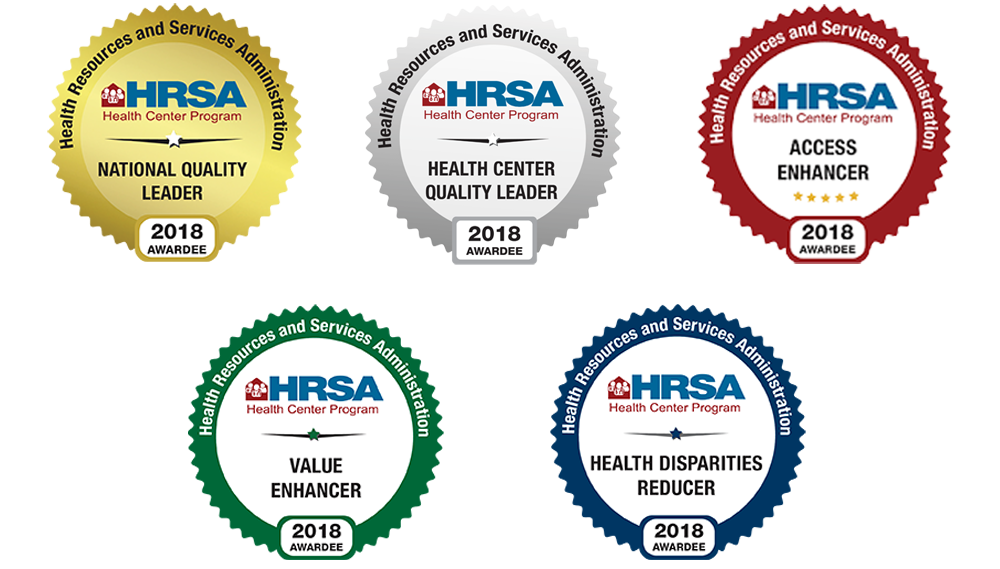Bipolar disorder is a type of mood disorder characterized by alternating moods of depression and mania, often with normal moods in between. Depression may cause feelings of sadness, worthlessness, hopelessness, and suicidal thoughts. Mania may cause excitability, rage, and racing thoughts. The mood changes may be dramatic and abrupt. Untreated bipolar disorder can interfere with relationships, work, school, and lead to suicide. Bipolar disorder is treatable and people with bipolar disorder can lead happy and full lives.
Causes
Bipolar disorder typically develops in the late teens and early twenties. It can affect both men and women. People with a family history of bipolar disorder or depression appear to have a higher risk for developing the condition.
Symptoms
Symptoms of the depressive phase include feeling sad, hopeless, helpless, and worthless. You may feel self-hate, anger, restlessness, irritability, and inappropriate guilt. You may experience a lack of interest or diminished pleasure in activities that you used to enjoy. You may withdraw from others and become less active. You may feel tired all of the time. It may be difficult to sleep. You may have problems falling asleep, staying asleep, sleeping too much, or not sleeping at all. It may be difficult to concentrate, make decisions, or remember things. Your appetite may change significantly, and you may gain or lose weight.
Bipolar disorder is associated with a high risk of suicide. While experiencing depression, people may think about death a lot, feel suicidal, or feel like harming others. If you experience such symptoms, you should contact emergency medical services, usually, 911, or go to the nearest emergency department of a hospital.
The manic phase of bipolar disorder provokes intense feelings that may range from sudden rage and poor temper control to feelings of euphoria and extreme happiness. You may feel hyperactive, energetic, and have little need for sleep. Your thoughts may race and you may feel an invincible or like you can accomplish anything. You may have grandiose delusions that you have special abilities or connections with famous people or God. Your behavior may become very risky, for example, you may go on shopping sprees, drive recklessly, or engage in risky sexual behavior.
Because the dramatic mood swings with bipolar disorder can be so abrupt and unpredictable, you may have conflicts with your spouse, family members, and friends. It can cause problems at school, work, or with the law. Bipolar disorder may disrupt your entire life.
Diagnosis
Treatment
Psychotherapy can help you resolve issues and rebuild relationships. It can be helpful for family members and loved ones to attend therapy as well. Therapy can help them heal and learn how to be a part of the treatment process as well.



